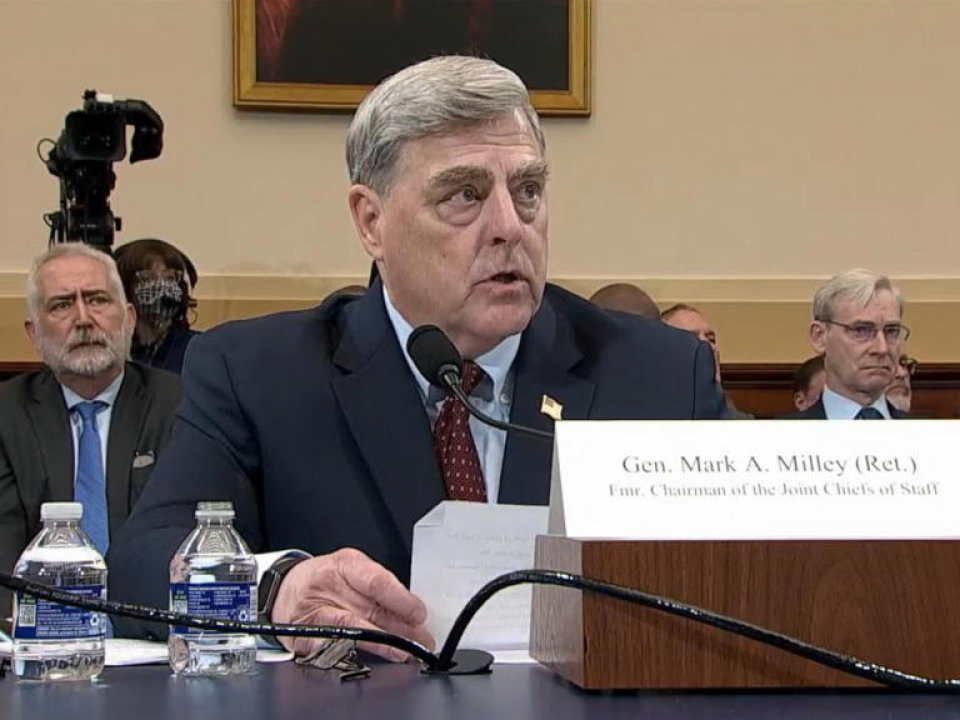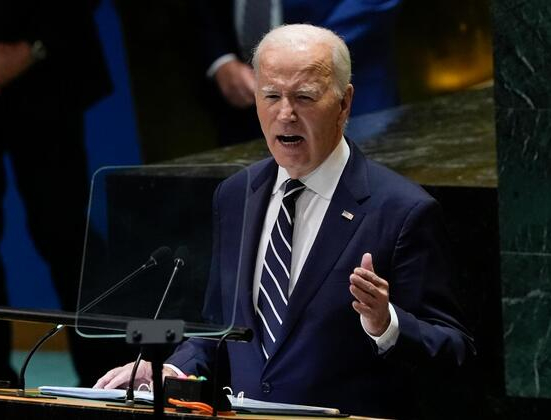During a congressional hearing on Tuesday, two senior generals who oversaw the US military withdrawal from Afghanistan in 2021 criticized the State Department for its delayed decision to order a "noncombatant evacuation operation" (NEO) for remaining US citizens in the country.
Retired Gen. Mark Milley, former Joint Chiefs chairman, stated that the decision to initiate the evacuation came too late, echoing the sentiments of retired Gen. Kenneth F. McKenzie, former commander of US Central Command. McKenzie attributed the events of August 2021, when the Taliban overran Afghanistan, to the delayed initiation of the evacuation.
Both generals highlighted the friction between the Defense Department and the State Department, with the military pushing for an earlier evacuation order while facing resistance from the latter.
Milley revealed that the military recommended evacuating US Embassy personnel from Kabul simultaneously with the withdrawal of military forces. McKenzie accused the US Embassy in Kabul of hindering coordination on a possible evacuation plan with the military.
Republican lawmakers, led by Rep. Michael McCaul, emphasized the need for accountability from the Biden administration regarding the Afghanistan withdrawal. McCaul condemned the Abbey Gate bombing, which claimed the lives of 13 US service members, and launched an investigation into the withdrawal process.
At the hearing, Republican lawmakers referenced Marine Corps Sergeant Tyler Vargas-Andrews' testimony about a potential suicide bomber at Abbey Gate. While Milley and McKenzie refrained from commenting on Vargas-Andrews' account, they acknowledged the right of US servicemembers to engage threats under the rules of engagement.

















